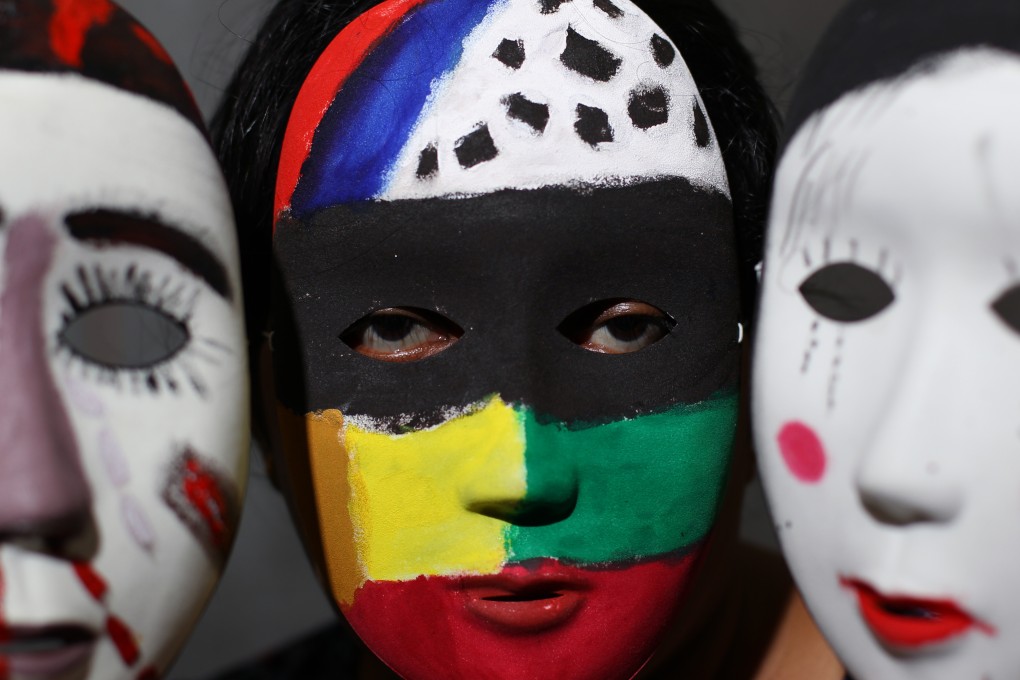Denial of Hong Kong's refugee past adds to our blinkered policy
Joyce Man says it makes it easy to see asylum seekers as the 'other'

For decades after the Japanese war, my grandfather, a native of Sanshui, Guangdong, never went back to mainland China. He had left his first wife and family behind and had yearned to return, yet he never did. He set up a textile-dyeing factory at Diamond Hill, married my mother's mother, and settled in Hong Kong.
I didn't hear this from him or my grandma, however, but from my mother. My grandparents, like many who had suffered through turmoil, wanted to shield us from their pain. They never spoke about their past, preferring instead to fill our lives with the luxuries they had not had: a dinner table overflowing with food; a stable home; the freedom to live the way we wanted.
The reason gonggong never went back to the mainland eluded me for years, until I broached the topic with my grandma recently. Gonggong, she told me, had been a guard of some kind with the Nationalists. Though he later supported the Communists, he dared not go back, given his past.
If we were to put grandpa's fears into modern legal speak, he sought, and received, protection in Hong Kong from political persecution - the classic definition of a refugee.
Hong Kong was built on the backs of refugees. Yet our government's policy today is this: The UN Refugee Convention and its 1967 Protocol has never applied to Hong Kong, and the government has a "long-established firm policy" of not granting asylum or determining refugee status.
This is all true - technically. Yet any suggestion that Hong Kong has never had refugees is just bad history.
Estimates of the refugee composition in the post-war population during the 1950s to 1970s range between 12 and 30 per cent. Whatever the figure, people fleeing situations where they might face persecution, torture or degrading treatment comprised a significant part of our community.